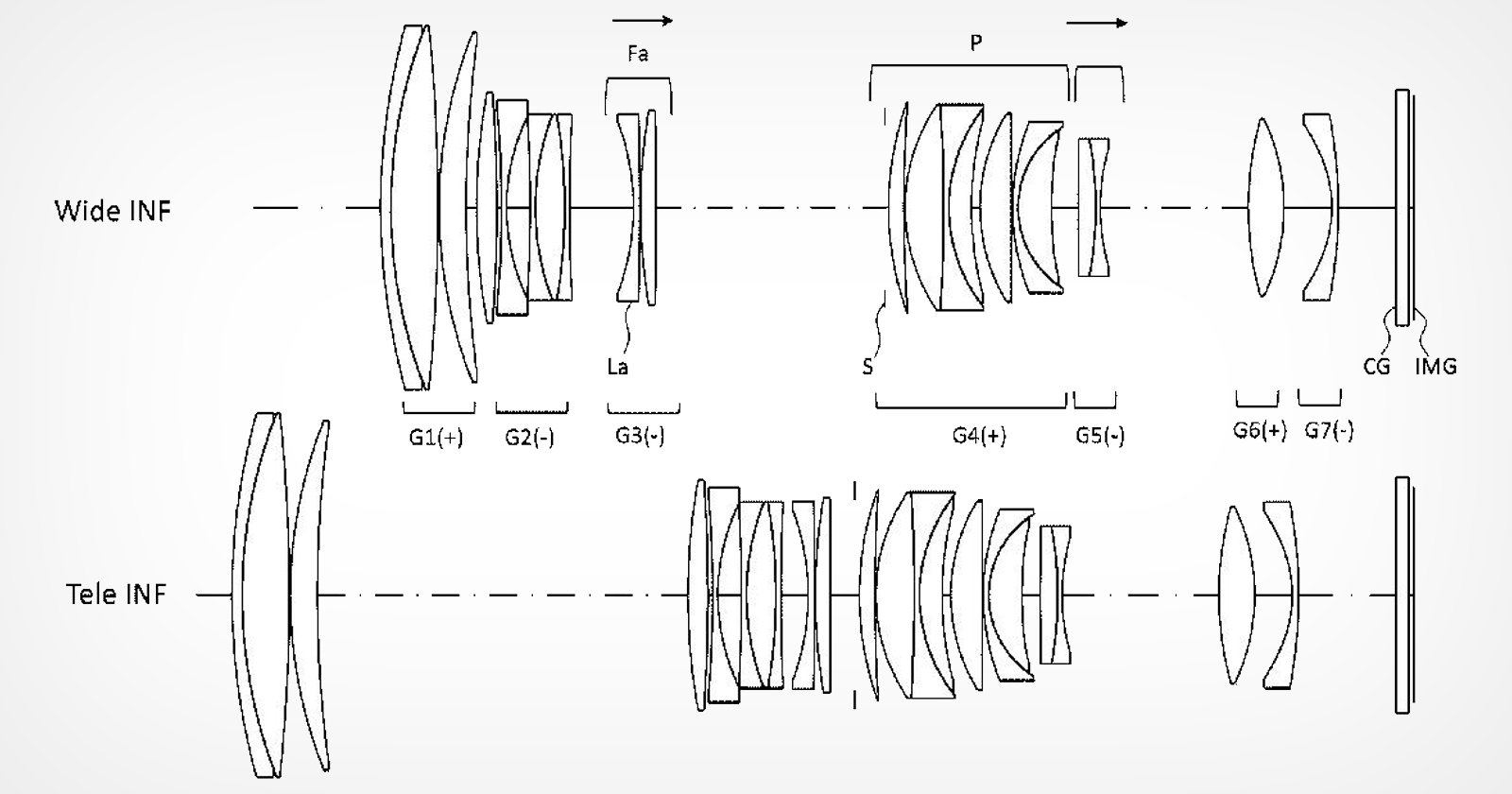
Simera 28mm F1.4
Image credit: Thypoch
Chinese lens maker Thypoch has announced its Simera 35mm & 28mm F1.4 lenses are coming to Z, X, E and RF mounts. The new lenses are versions of Leica M-mount offerings released in September 2023. You’d be forgiven if you’re unfamiliar with Thypoch, the company is a new player in the lens market and the M-mount lenses were its launch products.
Both lenses are pretty straightforward; they are fully mechanical with manual focus and aperture rings, and they don’t communicate any EXIF data back to the camera.
The 35mm version is composed of 9 elements in 5 groups, has a 14-blade aperture and has a minimum focus distance of 0.45m (1.5 ft). It’s about 64mm long, give or take a little depending on your mount, and weighs 297-310g, depending on which mount you choose.
The 28mm version has 11 elements in 7 groups, a 14-blade aperture and a minimum focus distance of 0.4m (1.4 ft). It ranges from 68-72mm long and weighs 344-368g, again dependent on which mount is selected.
The aperture ring on both models can be set to ‘click’ or ‘de-click,’ which may be of interest to video users.
Between the aperture ring and the focus ring is a depth of field indicator, perhaps its most visual calling card beyond the rangefinder-style design. Adjusting the aperture from shallow to wide adds red dots, which indicate the breadth of focus users should expect. It’s an interesting feature, ‘cute’ may be the word, but we suspect the novelty will wear off eventually.
The M-mount version had metal construction and a metal hood, and Thypoch has not indicated that this has changed for these additional mounts.
Simera 28mm F1.4 Z-mount
Image credit: Thypoch
Price and availability
Thypoch’s Simera 35mm & 28mm F1.4 is listed at an MSRP of $649 in black or silver. The Z-mount will be available May 20, 2024, with the X, E and RF mount arriving in mid-June.
Press Release:
Thypoch Expands Simera 35mm & 28mm f/1.4 Lineup to Z/ X/ E/ RF Mounts
Thypoch, the emerging manufacturer of photo lenses in vintage look, is set to expand its popular Simera 35mm f/1.4 and Simera 28mm f/1.4 lenses to include Z/E/X/RF mount options. This expansion comes in response to feedback from Thypoch’s fans and users, who have expressed a desire for more versatility in their lens options.
The Thypoch team is committed to maintaining the exceptional performance of the original M-mount lenses while fine-tuning the new mount solutions for optimal results. The release of Z/E/X/RF mount lenses will provide photographers with enhanced capabilities to capture transient moments with precision and clarity.
Improved User Experience
The ergonomic crescent-shaped focus tab for the Z/E/X/RF lenses marks a significant improvement in the focusing experience. It’s a game-changer for focusing, replacing the old infinity lock with a design that makes focusing smoother and more intuitive, enabling photographers to achieve precise focus on their subjects with greater ease and comfort.
The subtle resistance at 0.7m and closer on the focus ring will be removed in the latest versions of Z/E/X/RF lenses. This enhancement caters to the user experience of non-rangefinder cameras from Nikon, Sony, Fuji, and Canon.
Retained Design and Optics
The classic design of the automatic depth-of-field scale provides a quick and easy way for photographers to determine focus distance when shooting at hyperfocal distances, ensuring that every shot is perfectly focused.
Simera 35mm f/1.4 and Simera 28mm f/1.4 for Z/E/X/RF mount have a constant maximum aperture of f/1.4 and a constant minimum focusing distance of 0.45m and 0.4m. Photographers are therefore able to achieve beautifully blurred backgrounds and crisp subjects in low-lighting conditions as well. Both lenses feature built-in floating elements (FLE) to ensure optimal image performance at close distances, delivering sharp imaging from center to edge and conveying subtle narrative texture.
Clicked and de-clicked aperture modes symbolized by icons “sun” and “moon” are also in place for users to choose based on their needs. Videography is made easier via de-clicked aperture modes, which enable users to switch apertures silently and seamlessly.






